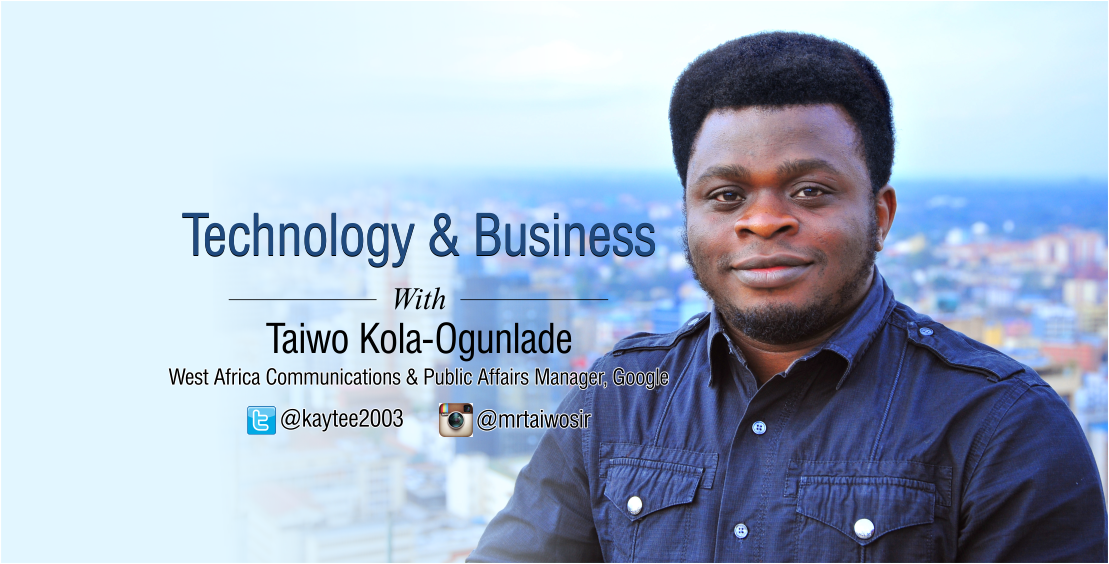In the days before the Internet, talented creators still relied on the blessing of lady luck to start a long-term career in the arts. Much time and effort was needed to be ‘discovered,’ and this often came down to being in the right place at the right time. For instance, Australian rock band INXS got their big break from a random encounter in a parking lot! And I am sure stories abound of Nigerian artists also “luckily” meeting people who ended up changing their careers.
But now that the world wide web has changed the previous limits of time and space, creators and performers have never had it so easy: getting noticed, it seems, is a whole new game. We have long known that information technology reduces barriers to entry in almost all industries, but we never expected just how quickly video sites would rewrite the rules on how to make it in the creative world. Just as small businesses can use the level playing field of the net to compete with giant global conglomerates, unknown artists can have their work seen just as easily as famed superstars can.
Over the years, the world has seen this explosion of passionate and talented visual artists, filmmakers, comedians, and musicians on video platforms like YouTube who are able instantly to tap into a global audience. These artists are called the “creative class unlimited.” The most famous global example is Canadian singer Justin Bieber. In 2007, his mother uploaded amateur videos of his performances to YouTube, which were eventually seen by power manager Scooter Braun. With Braun’s help, Bieber became an international pop star, and fittingly, created YouTube’s most popular video of all time: “Baby”. With Bieber as the archetype of the 21st century pop success story, many talent scouts now spend their days on the Internet instead of haunting dark clubs and amateur hours on the hunt for the next big thing.
While we can now locate new talent in remote places easily, the cost of ‘auditioning’ for the artists themselves is also reduced. The YouTube Symphony Orchestra brings together classically-trained musicians from around the world to play together and work under world-renowned conductor Michael Tilson Thomas. While the first concert series featured many serious music students from small countries, the more interesting audition videos came from extremely talented musicians for whom “life got in the way” of their concert hall dreams. Whether career or other personal reasons, they had to drop off the very strict and ultra-competitive path to becoming a professional musician. But with YouTube Symphony Orchestra and other Internet resources, they were able to tap back into their talents and reclaim the identity of being serious classical musicians.
While music may be a natural fit for an online video site, the creative class unlimited is not only musical performers, composers, and songwriters. Examples of artists finding easier access to the traditional industry system only tell half the story. What is more radical is how the web has allowed artists to embark on lucrative creative careers without waiting for gatekeepers’ approval.
Great local examples are Nigerian content creators Toke Makinwa and Yomi Black whose videos have amassed almost 5 million views on YouTube alone. And by also being members of online monetization programs like YouTube’s Partner Program, they are entitled to a share of the revenue generated through advertising on their videos. And there are lots of partners around the country making lots of dollars a year, many of which are small and unnamed creators. This means that popular videos on the Internet can be a lucrative venture — and a making these videos a career in itself.
The Internet, of course, is only partially responsible for all the creative class unlimited’s success. Online video sites like YouTube are just a platform, and these artists should be lauded for their creativity, perseverance, hard-work, and do-it-yourself entrepreneurial spirit. Creative workers can now worry less about connections, discovery, distribution, and financing and worry more exclusively about the quality and meaning of their work. As popular american actor Woody Allen famously quipped “80% of success is just showing up,” and with global platform online video platforms that reaches billions of people, the showing up part much has been made much easier.













